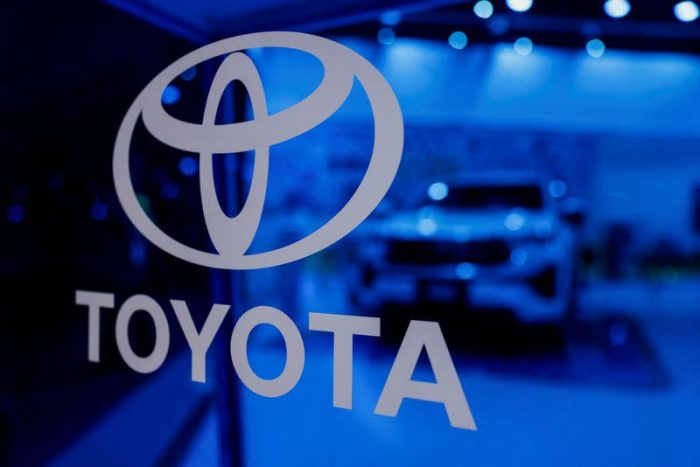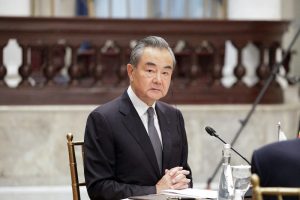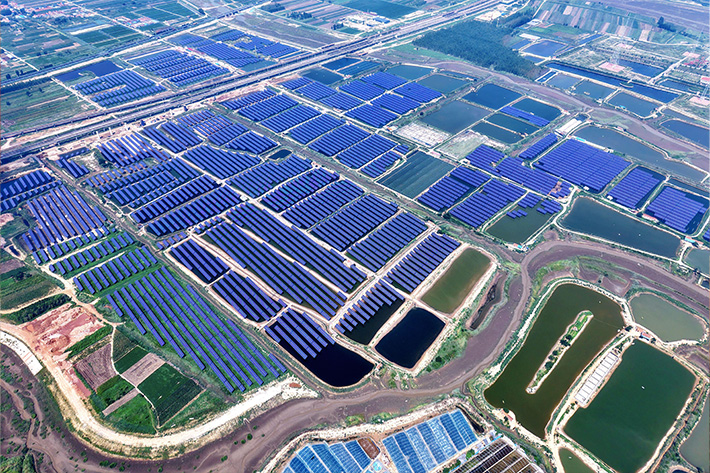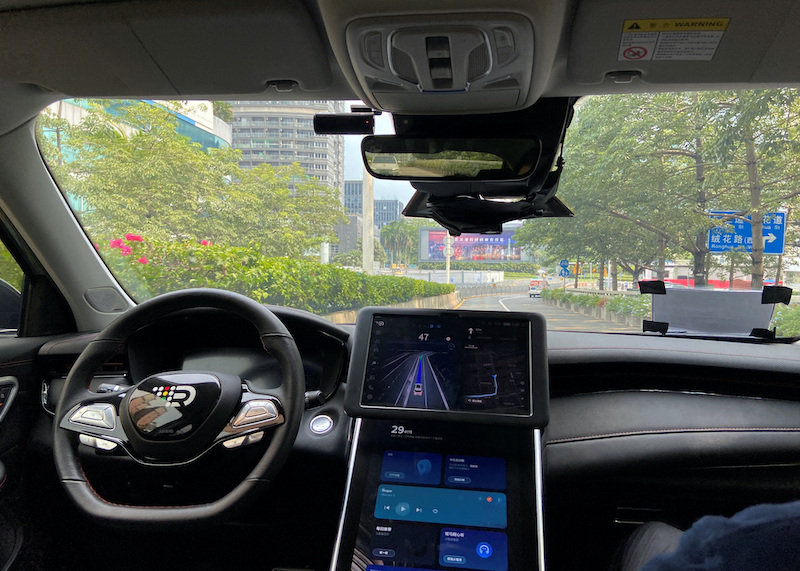Toyota’s global production slid for a fourth straight month in May in many overseas markets, but the group suffered a notable decline in China.
Output for the month fell 4% to 812,191 vehicles from 2023 production. But in China, output plunged 22%, partly because local brands have become much more competitive.
But aside from to strong vehicle offerings from Chinese brands, the world’s biggest car market has been engaged in a fierce price war.
The Japanese automaker also had lower production in markets such as Thailand, Mexico, Brazil and France although output was up in both the US and Japan.
Toyota’s worldwide sales rose just 0.3% during the month, with growth in overseas markets such as the U.S. and Europe offsetting declining sales in Japan and China.
Zeekr sales jump in Russia
Meanwhile, sales of Zeekr electric vehicles have shot up in Russia over the last year, putting Chinese carmakers ahead of local competition in Russia’s small but rapidly expanding electric vehicle (EV) sector.
Chinese carmakers have already seized more than half of Russia’s car market since Western competitors pulled out, taking their technology and know-how with them, after Moscow sent troops into Ukraine in February 2022.
Governments in Europe and the United States are growing increasingly wary of Chinese dominance in the EV sector but Russia, rather than imposing tariffs, is embracing Chinese brands across all automobile sectors to prop up its car industry.
From May 2023 to April 2024, more than 20,500 new EVs were sold in Russia, a jump of about 350% on the previous year, with Chinese brands accounting for over half of sales, according to data from the Russian analytical agency Autostat.
Russian carmakers sold fewer than 4,000 new EVs in that time, while 1.28 million passenger cars were sold overall.
Lack of charging infrastructure
The EV market’s development has been hamstrung by a lack of charging infrastructure across Russia’s vast territory, and Moscow’s traditional reliance on its plentiful oil and gas resources. Still, more EVs sold in the last 12 months than in the entire decade before.
Zeekr – a Chinese premium brand – is leading the charge despite having no official representation in Russia, with more than 8,000 cars sold since June last year, according to Irina Frank, head of the Frank-Auto dealership in Moscow.
Russians are becoming more interested in EVs as more charging stations are built, consumers understand the savings on fuel, and dealers improve maintenance, Frank said.
“In China, more than 30% of people use electric cars. For us it is still less than 2%,” Frank said. “My opinion is that we will reach more than 25% by 2035.”
Zeekr’s official entry into the Russian market will boost growth, said Vadim Merzlikin, marketing director for a dealership that sells Zeekr models, but macroeconomic factors are also key.
“It all depends on purchasing power, competition and the economic situation,” Merzlikin said.
Most buyers are wealthier than the average Russian, with premium cars the only widely available category of EV. As many as 40% of EV owners have charging facilities at home, Merzlikin said.
The Zeekr X, a compact SUV, is on sale from around 4 million roubles ($46,136), similar to prices in Europe.
Russia’s Evolute i-Space, a comparable model made by private firm Motorinvest, costs 3 million roubles. The Moskvich 3e, part of Russia’s attempt to revive and modernise a Soviet-era classic, is just over 3 million roubles.
The Lada e-Largus from Russia’s leading carmaker Avtovaz is still in development and likely to be a more affordable option, though prices have not yet been announced.
Anti-Chinese prejudice fading
Zeekr is owned by Geely, which also owns the Volvo, Polestar and Lotus brands, and builds its Swedish-designed cars in China. Zeekr listed on the New York Stock Exchange in May with a valuation of around $6.8 billion.
In a statement, it said it had not entered the Russian market and had no approved sales network there.
“Zeekr has not deployed any infrastructure such as charging stations, or conducted any other related business in Russia, hence we are unable to provide basic maintenance service, warranty or remote support in Russia for vehicles sold through unapproved channels.”
Even with a standoffish approach to Russia, Zeekr is beginning to dominate. Only around 2,000 Evolute EVs and 1,000 Moskvich EVs were sold in the last 12 months.
And even the Moskvich, though listed as Russian in the statistics, is actually being assembled in Moscow with kits from a Chinese partner.
Maxim Sokolov, head of Avtovaz, in March urged the state to protect the domestic market from all Chinese carmakers, whether electric or fossil fuel-powered.
“Chinese brands have conquered our Russian market very quickly,” he said, “replacing the departing Japanese, Koreans, Germans, Americans and French.”
China’s share of the Russian market has leapt from less than 10% to more than 50% in the two years since the start of the full-blown Ukraine conflict, and prejudice towards Chinese cars is gradually fading.
Some have complained about problems with service, partly because there are few official dealers, but that situation is expected to change in coming years.
- Reuters with additional editing by Jim Pollard
ALSO SEE:
Akio Toyoda Re-Elected Toyota Chairman Amid Safety Test Scandal
Toyota, Honda in the Net as Japan Safety Test Scandal Worsens
China’s Zeekr to Close $368 Million New York IPO Early
China Firms Order Dozens of Ships For EV, Exports Surge
Scandal-Hit Toyota Still World’s Top-Selling Automaker
Toyota Eyes 10.3 Million 2024 Production Target, Hybrid Boost
Chinese Carmakers Grab Half of Russia’s Auto Market
Nissan Sells Russia Operation for 1 Euro Losing it $687m























